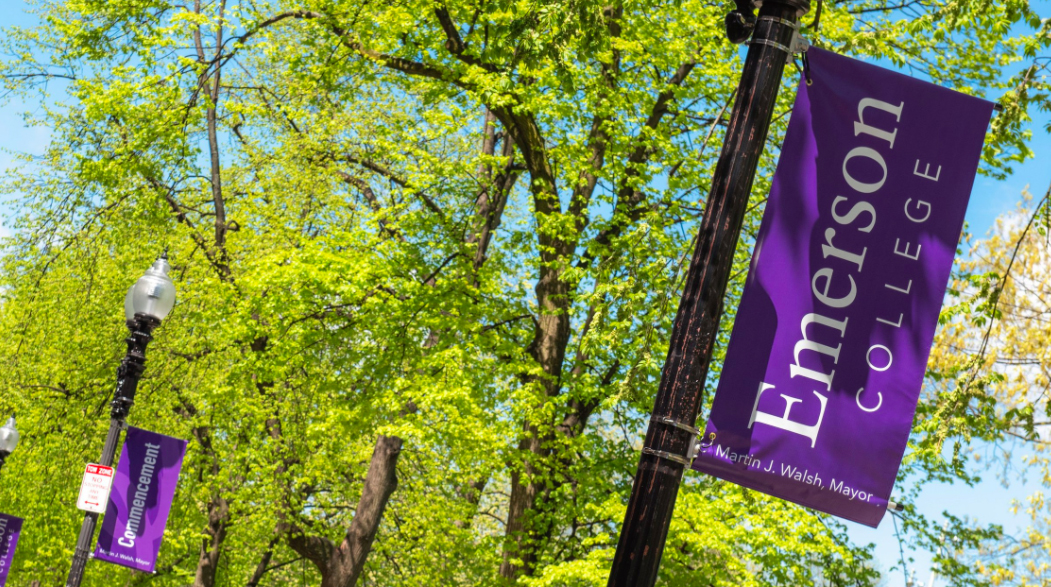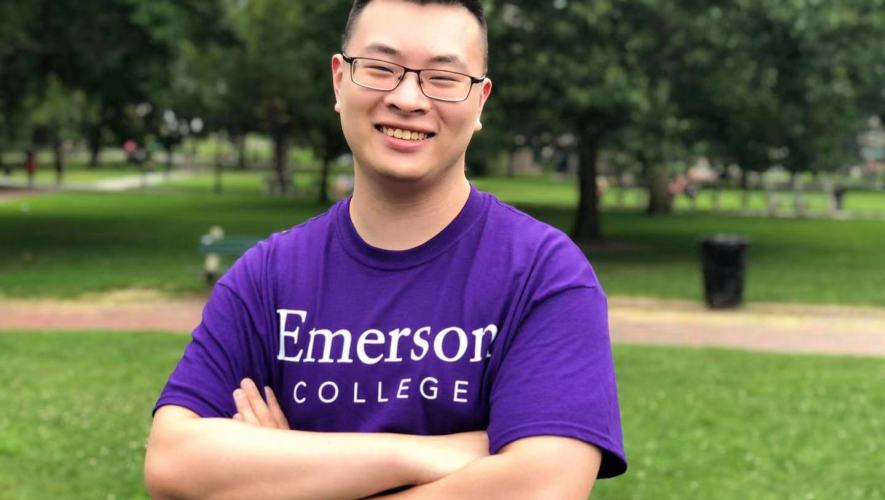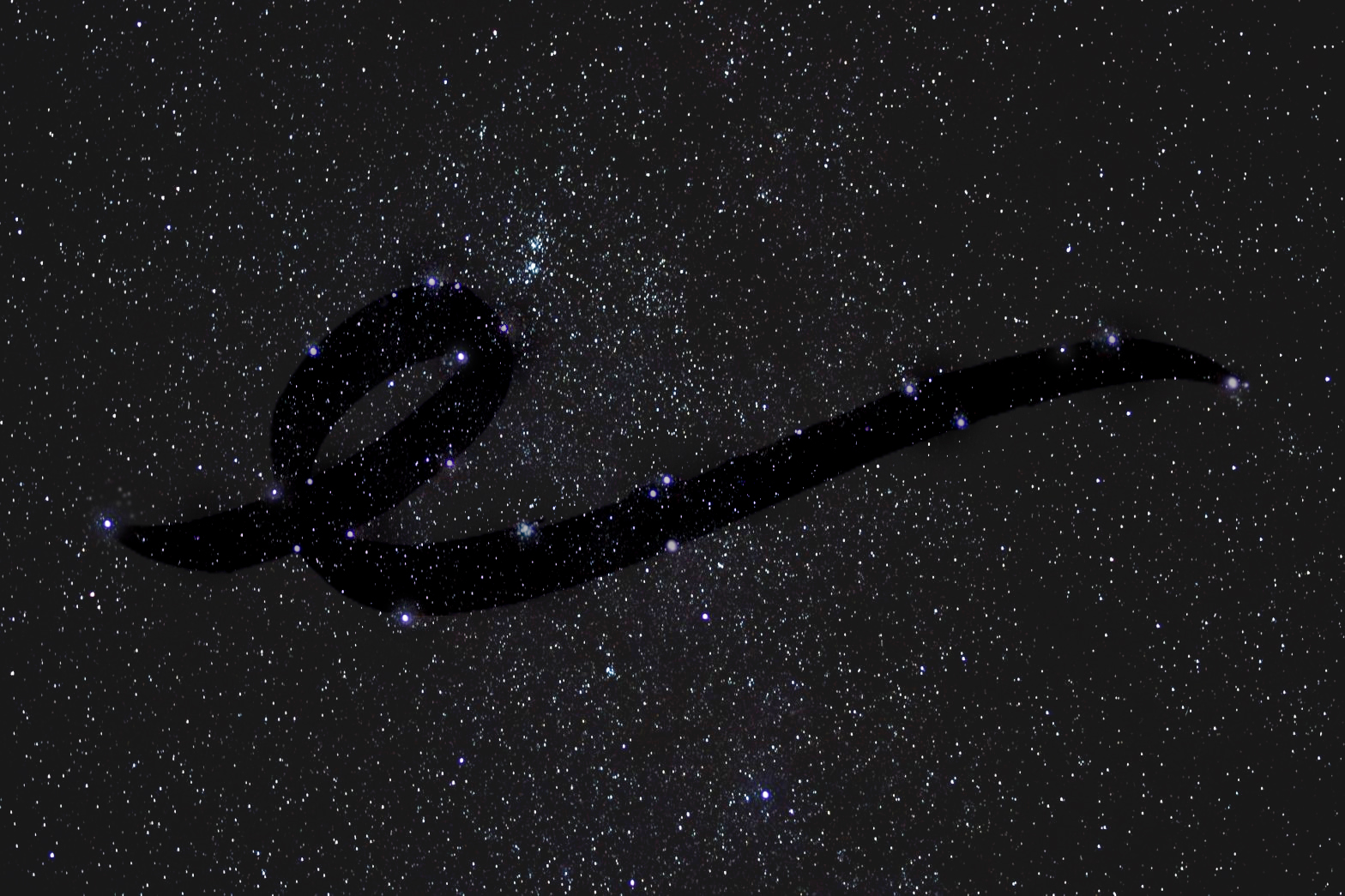Luna Tang entered the Publishing and Writing program at Emerson College with an already-impressive list of achievements in September 2017. In her own words, “Publicists say publishing a book is like giving birth to a baby. I had been a mom of 70 ‘babies’ before I came to Beantown.”

Luna Tang
Having published a long list of titles and worked on pieces like the 500-page English-Japanese illustrated book Native Orchid of China in Color (which was the recipient of the Asia Pacific Publishers Association silver medal), Luna came to Emerson with one goal in mind — to find a new and exciting area of the publishing industry rife with new people and opportunities to discover. We spoke with Luna as part of International Education Week to learn more about her experience before coming to Emerson and her thoughts on how current international students can make the most of their time here.

What made you choose Emerson College?
Luna: “April 2017 might be the luckiest month all throughout my life. I was hit by two admission letters from the two schools I applied, Emerson and another Philadelphia-based top-100-ranked university, with scholarships from both. The ball then was in my court. While I soon found all the information online was still not sufficient to help with my final decision. I needed a field trip to get some first-hand experiences, and I did. The trip to Philadelphia was great, but what I got from Emerson went far beyond my expectations. I joined the campus tour, consulted enthusiastic admission coordinators with my prepared questions, and talked about the publishing vocational prospects with experts from the career center. I even sat in on an Electronic Publishing class lectured by professor John Rodzvilla. What they discussed in class totally amazed and reactivated my jetlag-hypnotized brain. I saw a new world of publishing from Emerson.”
What accomplishments are you the proudest of prior to coming to Boston to study?
Luna: “I co-worked with a few copyeditors, as knowledgeable as walking encyclopedias; I took business trips with professional sub-rights agents, socializing among different publishers at international book fairs; I supported acquiring editors at negotiating tables with diplomacy and eloquence; I worked with teams filledwith marketingg savvy turning trade books into bestsellers. This work culminated in my leading of a team of five on a book series of scientists’ autobiographies, and talking in Japanese with Dr. Makoto Kobayashi, the Nobel Prize laurate in Physics, about his research and life. Publishing is a big world, where I never feel satisfied with what I’ve had, but dare to dream and learn more.”
As an international student, what advice would you share with other students that have started their first semester in the U.S.?
Luna: “Two pieces of advice.
Get to know and love at least one element of local culture. In my mind, Boston is almost equal to “Freedom Trail + marathon + lobsters + Sam Adams + Red Socks + New England Patriots + Celtics + Bruins…” (listed in no particular order). Loving at least one aspect of a culture gives you a sense of connection and belonging to a city. My enthusiasm for Jazz music and swing dance led me into the Boston dancing community…
Be proud of your mother culture. I am from Qingzhou, a little town in Eastern China, with multiple ethnicities and 2400 years of history. People there love national sports and take education serious (as Bostonians). They could be fussy about the thickness of a pancake, as Bostonians care about the ‘al dente-ness’ of a lobster. ‘If you remember whence you came,’ just as James Baldwin said, ‘there is literally no limit to where you can go.'”
What excites you the most about publishing and editing?
Luna: “On a summer night of 2010, when I was working overtime with my workaholic superior on a 500-page English-Japanese bilingual illustrated book Native Orchid of China in Color, which was later awarded the Asia Pacific Publishers Association silver medal, she said something I would never forget–– “Just imagine the world after dozens of years when our lives have finished; the works from our hands will still be passed down to enlighten others and change the world. Can you think of a better way to have an eternal impact like that?”


